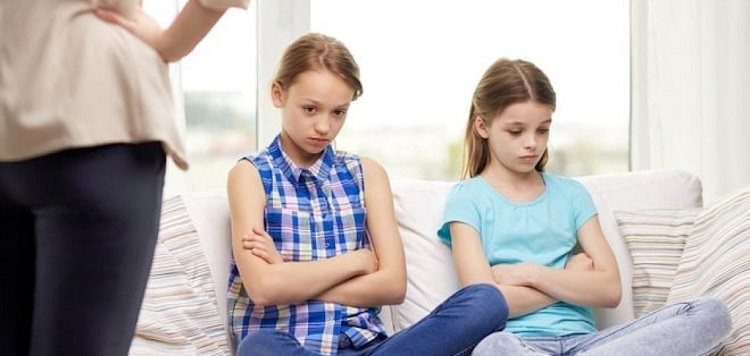UNICEF survey: majority of Georgian parents raise children with ‘authoritarian style’

The UNICEF survey speaks about the lack of psycho-emotional support of parents to adolescents. Photo: yourteenmag.com.
A majority of Georgian parents raise their children with an ‘authoritarian style’ of parenting, a UNICEF survey reports, adding that parents often employ physical and psychological punishment to discipline their children.
The findings of the UNICEF ‘National Study on Parenting of Adolescents and Parenting Support Programmes in Georgia’ released today says that Georgian parents are mostly engaged in caring for their adolescent’s material and physical wellbeing, less in their psycho-emotional development.
Adolescence presents a crucially important window of opportunity to influence the development of children’s brains – and thus, their futures,” said UNICEF Representative in Georgia Dr. Ghassan Khalil.
Parents need to know just how influential they are in their adolescent life. Parents need to impact their children’s skills to cope with different developmental challenges. But parents also need guidance to understand all this. In Georgia there are no parenting support programmes. The objective of our study is to support the Government in developing national policies and programmes for parents of adolescents, so that they are equipped with competencies they need for positive parenting and constructive support for adolescents.”
The study shows that many caregivers in Georgia struggle to fulfil their basic obligations of psycho-emotional care.
There are cases, when adolescents feel that they are not being supported by their parents during some of the most emotional periods, adversely affecting their psychosocial wellbeing. Few parents are involved in such important aspects of adolescents’ life as health, prevention of risky behaviour, sexual and reproductive health, psychological well-being and prevention of violence,” UNICEF Georgia says.
Countries that participated in the research included Bulgaria, Belarus, Georgia, Montenegro, Moldova and Romania. A qualitative study methodology - focus groups discussions and in-depth interviews - were used for collecting the data.
UNICEF Georgia says that the goal of the research was to collect basic information on how parenting is understood, perceived and practised by parents/caregivers of adolescent boys and girls in Georgia.
 Tweet
Tweet  Share
Share